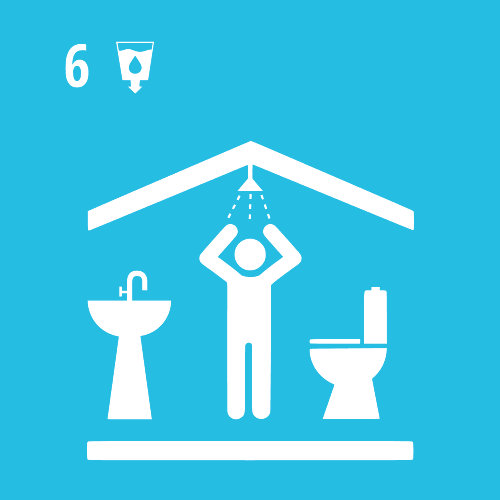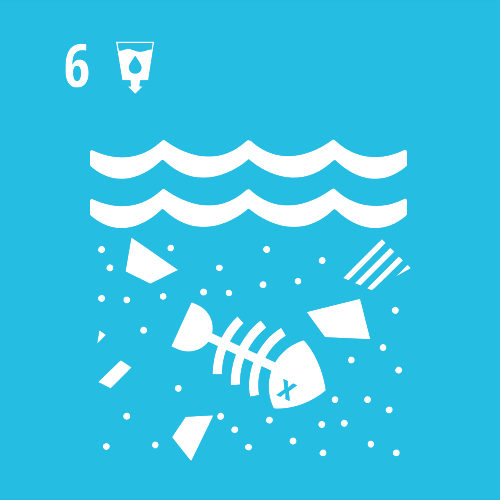Clean water and sanitation. Ensure availability and sustainable management of water and sanitation for all.
There is enough freshwater on Earth to allow all its inhabitants to access water of sufficient quality and quantity needed to lead a decent life. However, its current distribution is unequal and unfair. Millions of people are forced to live their everyday lives in conditions of extreme deprivation of this essential resource or to consume contaminated water and water of bad quality. It is predicted that in 2050, at least 25 % of the world population will face long-term water shortages.
This situation directly affects people’s health and subsequently also their possibilities for development. It causes malnutrition and diseases, especially in the most vulnerable groups of people such as minors and the elderly. Finally, it is a great obstacle for personal development and autonomous and decent life. The access to water under fair and safe conditions represents, therefore, a universal human right which needs to be respected and protected as such by all individuals and institutions.
The problem of water shortages and contamination is escalated by the climate change which continues to change more and more areas of the planet into practically uninhabitable deserts. This is reinforced by the lack of sanitary infrastructures and proliferation of a predatory and contaminating business system, which monopolises not only water but natural resources in general. This robs the closest communities of the most basic possibility of livelihood. It is also important to remember that it is women and children who are responsible for supplying their communities with water. However, this essential task takes their important time needed for the development of other aspects of life, such as education.
It is crucial for us, in the privileged position, to be aware of the enormous value of water and our responsibility to protect it and use it sustainably. Water cannot be manufactured. Our planet has a limited amount of water and we are all responsible for its use and distribution.










